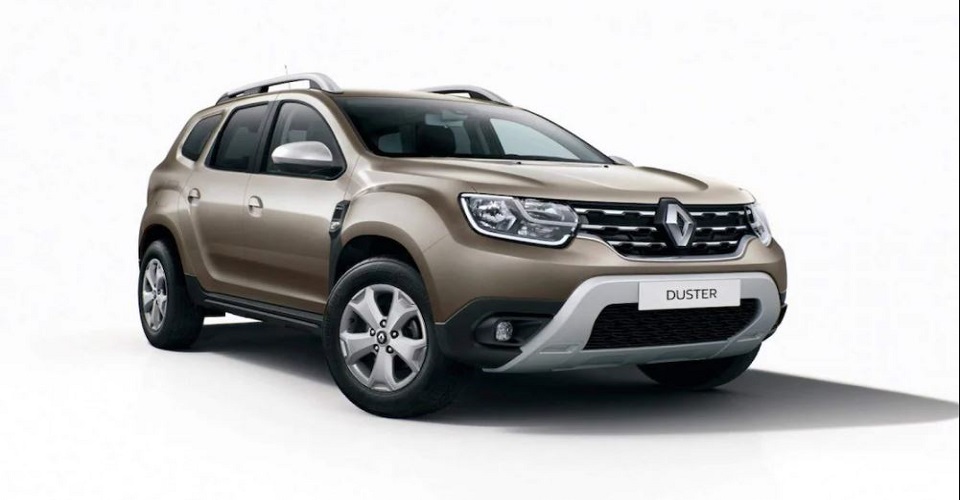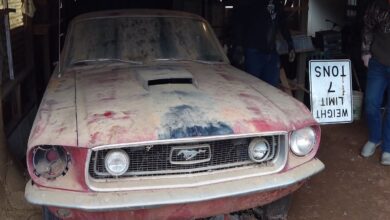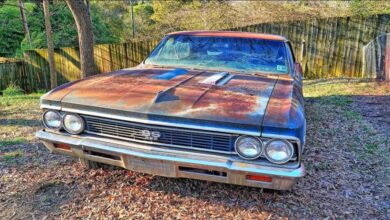The Russian incursion into Ukraine this week has thrown European and global markets into a frenzy, as automakers work to determine how big an impact the war. Europe’s home automakers will be hit the hardest, as supply lines from Ukraine and Russia freeze up while bombs get dropped. However, Hyundai and Kia’s massive manufacturing presence in Russia now presents a huge headache for the Korean group, as well.
Multiple global automakers have reportedly halted shipments of local dealer orders to Russian partners, effective February 24, the date of the Russian invasion, according to letters apparently sent from the automakers and viewed by the Russian-language business paper Vedomosti. Russian dealers for Audi and Chevrolet reportedly received notices, and Vedomosti claims VW and Skoda are prepping notices of their own. Porsche and Land Rover’s Tata Group had also halted shipments starting the date of the Russian invasion. If this is all true, and it likely is, it’s unclear exactly what conditions forced the shut down—but it probably isn’t going to be easy getting your car through Russian customs right now.
1: Hyundai + Kia In Russia
The Korean automotive sector is hugely reliant on Ukrainian-provided rare gases like neon, krypton, xenon, and more, everything from EV battery cells to superconductors are now on an even tighter supply line, and prices will go up. And speaking of gas, the kind you use to fill up your car at the pump likely will get more expensive in the coming weeks as energy prices rise globally, especially if European nations abstain from Russian fuels in response to its attack on Ukraine.
Hyundai Group sold 373,132 vehicles in the Russian market in 2021, holding the largest market share; Hyundai accounts for 10.3 percent and Kia 12.3 percent of Russia’s total vehicle market share.
The outbreak of war and the onslaught of economic and financial sanctions against Russia now put all of Hyundai and Kia global business in jeopardy and will severely damage the national Korean economy, as well.
2: Hyundai + Kia In Ukraine
Hyundai also operates a local sales office in Kyiv, Ukraine, and Kia produces the Rio sedan and hatchback at the ZAZ factory in Zaporozhye, Ukraine.
Ukraine is also a critical global supplier of rare gases used in all sorts of high-tech equipment and components, and the war will severely hinder those supplies and likely cause prices to rise. This, too, will have a specific impact on the Korean economy, as the nation imports 30.7 percent of its krypton, 23 percent of its neon, and 17.8 percent of its xenon rare gases for component production from Ukraine, according to the Korea Herald. South Korean-based automaker SsangYong also imports raw materials like aluminum from the region.
The Korean Automotive Manufacturer’s Association fears up to 29 percent of its group sales could drop this year, anticipating a similar impact to when it witnessed a 62 percent drop in auto exports after the Russian incursion in Crimea in 2014, which also brought about international sanctions against Russia.
3: Renault + Stellantis + Toyota Have Russia Trouble, Too
Other major global automakers, including Renault and its affiliate brands, Stellantis and its affiliates, and Toyota, also have a significant manufacturing presence in the region. Renault has already announced that production in its Moscow, Russia, facility would have to stop from February 28 to March 5, citing “tighter border controls in transit countries and the forced need to change a number of established logistics routes,” but failing to mention the Russian invasion of Ukraine outright, according to Reuters.
Stellantis operates a car factory in Kaluga, Russia, where it also manufactures Mitsubishi models.
Considering the light amount of commercial exports from the Kaluga factory, it’s more likely Stellantis’ local Russian operation takes the bigger hit, though broader supply chain issues will still negatively impact the global Stellantis portfolio.
Toyota has been building the Camry in Russia for decades and has a factory in Shushary, Russia, for localized production. It’s unclear so far how Toyota’s operations may be impacted, and the company has not yet responded to our request for comment. We also reached out to Kia and Volkswagen, and we will update as more information is made available.








Great post! We will be linking to this great post
on our website. Keep up the great writing.
I didn’t know that.